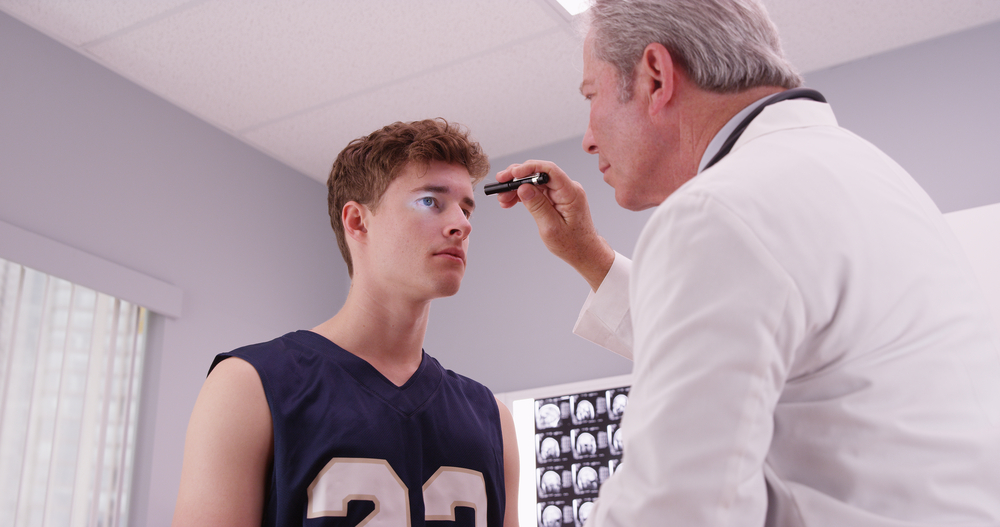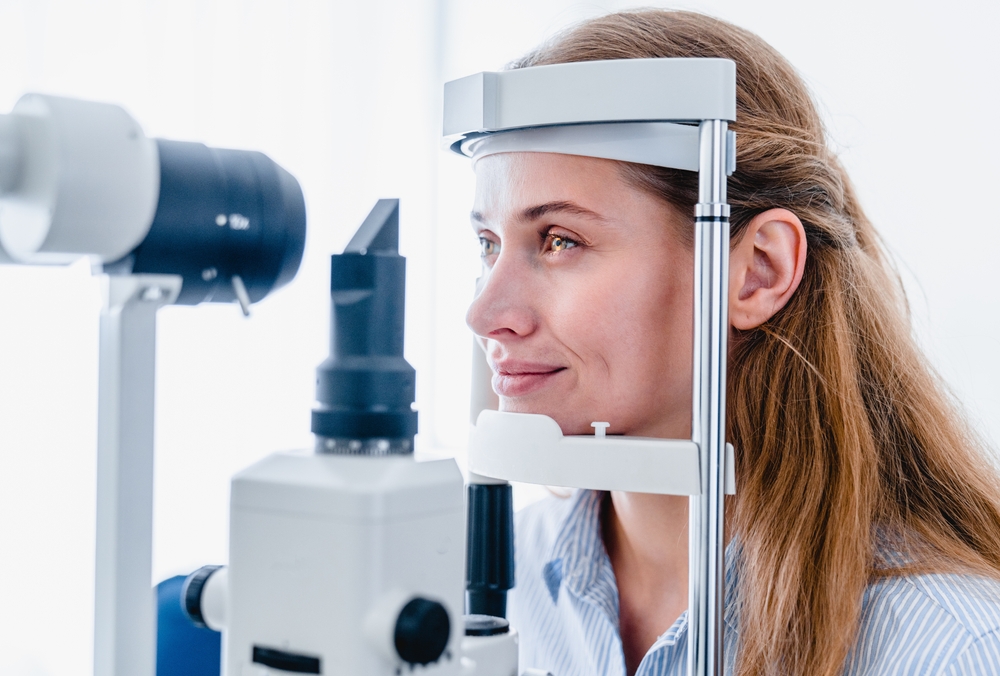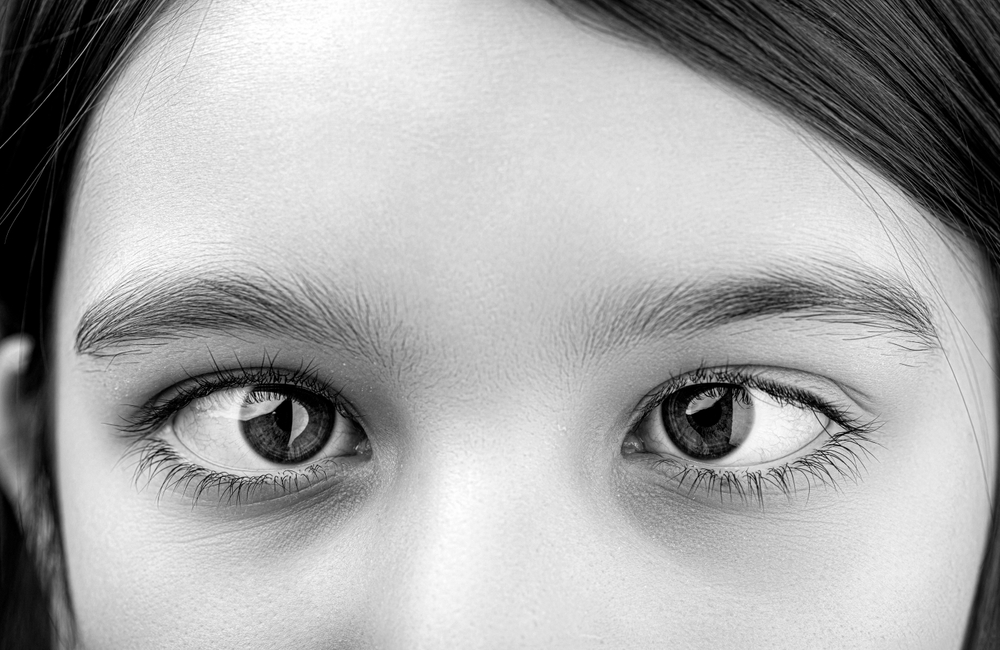
Imagine waking up each morning with clear vision - no glasses, no daytime contact lenses, and no surgery. For many patients, this is possible thanks to Orthokeratology, commonly known as Ortho-K. This innovative, non-surgical vision correction option works while you sleep, gently reshaping your corneas so you can see clearly throughout the day. At Federal Hill Eye Care, we’re proud to offer Ortho-K as a flexible and effective solution for patients seeking visual freedom and comfort.

Myopia is becoming increasingly common in both children and adults. While glasses or contact lenses may correct blurry distance vision, myopia is not a condition that should be ignored once vision is “clear.” Regular monitoring is essential to protect long-term eye health - especially for children whose eyes are still developing.

When you spend long hours working on a computer or reading, you may notice your eyes feeling strained or tired. While this is often dismissed as a result of digital eye strain, these symptoms can sometimes signal something deeper.

In today’s digital world, long hours in front of screens have become the norm. Whether for work, school, or leisure, many people experience tired eyes, headaches, and general fatigue after extended computer or phone use.

Binocular Vision Dysfunction (BVD) affects how your eyes work together, making everyday activities more difficult than they should be. At Federal Hill Eye Care, our BVD specialists in Baltimore, MD help patients manage symptoms through personalized treatment plans.

A concussion or traumatic brain injury can set off a range of visual disturbances - many of which are often overlooked because they don’t always show up on a standard eye exam. One of the most common issues following head trauma is Binocular Vision Dysfunction (BVD), a condition where your eyes struggle to work together as a team.

Many people experience dizziness, unsteadiness, or a sense that the room is spinning - often assuming it’s caused by dehydration, inner ear problems, or low blood sugar. However, these symptoms can also be connected to a less obvious vision condition known as Binocular Vision Dysfunction (BVD).

Binocular Vision Dysfunction (BVD) occurs when your eyes struggle to work together as a team. Even if your vision appears clear, a subtle misalignment between your eyes can cause a wide range of uncomfortable symptoms that may not seem vision-related at first.

For many people, the idea of waking up with clear vision without the need for glasses or daytime contact lenses sounds almost too good to be true. With orthokeratology (Ortho-K) lenses, this is possible. These specially designed lenses gently reshape the cornea while you sleep, allowing you to see clearly during the day without corrective eyewear.

Recovering from a concussion isn’t always straightforward. While headaches, dizziness, and fatigue are well-known symptoms in the days following a head injury, some people continue to experience vision-related issues for months. These persistent symptoms may be due to Binocular Vision Dysfunction (BVD) - a condition where the eyes struggle to work together as a team.







